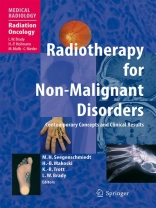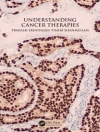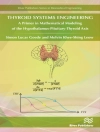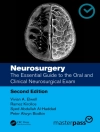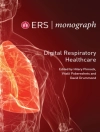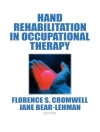Non-malignant, or ‘benign’, diseases can be successfully treated using ionizing rad- tion technologies. It was first proposed in 1898 by Sokoloff, who reported the analgesic effects of radiotherapy for painful rheumatoid arthritis. Since then, the use of these techniques for painful muscle-skeletal diseases has gained acceptance particularly in Europe but is still carried out actively in the United States. Non-malignant diseases that are amenable to radiotherapy can be classified as inflammatory, degenerative, hype- roliferative, functional, or other disorders. However, the topographic and morphologic considerations are more relevant. Even though radiation therapy for ‘benign’ diseases has not been pursued actively since the 1950s, more recent interest has dictated that it can be a very effective treatment modality. The use of radiotherapy can be justified for invasive and aggressive growth such as that seen with desmoids, for cosmetic d- figurations and functional loss as seen with keloids or endocrine orbitopathy, or for life-threatening complications such as hepatic hemangiomas or juvenile angiofibromas that occur in children or adolescents. Many of the non-malignant diseases can have a major and lasting effect on quality of life by causing pain or other serious symptoms, particularly when other methods of treatment are unavailable, have failed, or may induce more side effects. It is not generally the first choice of therapy in these non-malignant diseases, but it is acceptable as defined. The book edited by Seegenschmiedt et al.
Cuprins
General Background.- Radiobiological Principles.- Side Effects and Long-Term Risks from Radiotherapy of Non-malignant Diseases.- Risk Assessment and Carcinogenesis Modelling.- Radiophysical Principles.- Clinical Principles.- Irradiation of Non-malignant Diseases: An International Survey.- Patterns-of-Care Study for Non-malignant Diseases in Germany.- Skin and Soft Tissue Disorders.- Non-malignant Skin Disorders: Tumors, Hyperplasia, Dermatoses.- Morbus Dupuytren/Morbus Ledderhose.- Pronie’s Disease.- Keloids and Hypertrophie Scars.- Aggressive Fibromatosis/Desmoid Tumors.- Bone and Joint Disorders.- Orthopaedic Examination, Tests and Clinical Scores.- Rotator Cuff Syndrome (RCS).- Humeral Epicondylopathia (HEP), Lateral and Medial Humeral Epicondylitis.- Calcaneodynia: Plantar and Dorsal Heel Spur/Heel Spur Syndrome.- Degenerative Joint Disease Activated Osteoarthrosis Deformans: Hip, Knee, Shoulder and Other Joints.- Heterotopic Ossifications: General Survey for All Sites.- Heterotopic Ossification Prophylaxis – The Hip.- Heterotopic Ossifications after Head and Spinal Cord Injuries (HSCI).- Pigmented Villonodular Synovitis (PVNS).- Langerhans? Cell Histiocytosis (LCH).- Vertebral Hemangioma (VH).- Aneurysmal Bone Cyst (ABC).- Vascular Disorders.- Giant Hemangioma/Kasabach-Merritt Syndrome.- Eye Disorders.- Graves’ Orbitopathy.- Pseudotumor Orbitae.- Pterygium.- Hemangiomas and Vascular Tumors of the Eye.- Local and Systemic Inflammatory Disorders.- Inflammatory Disorders: Furunculitis, Hidradenitis, Panaritium and Paronychia.- Lymphocutaneous Fistulas and Lymphoceles.- Local Rheumatoid Arthritis and Radiation Synovectomy.- Head and Neck.- Non-Malignant Disorders of the Head Region.- CNS and Brain.- Arterio-Venous Malformations.- Meningioma.- Vestibular Schwannoma (Acoustic Neuroma).- Pituitary Adenoma.- Trigeminal Neuralgia.- Radiosurgical Treatment Options for Epileptic Disorders.- Where There is No Evidence: Registry for Rare Benign Diseases.
